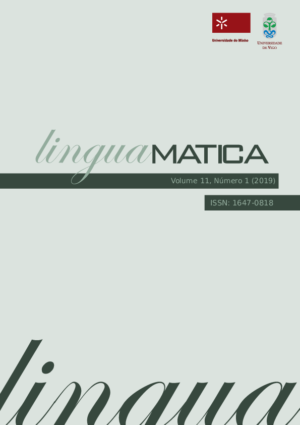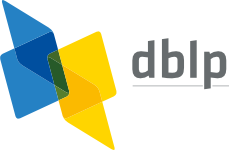Hierarchical Multi-Label Dialog Act Recognition on Spanish Data
Abstract
Dialog acts reveal the intention behind the uttered words. Thus, their automatic recognition is important for a dialog system trying to understand its conversational partner. The study presented in this article approaches that task on the DIHANA corpus, whose three-level dialog act annotation scheme poses problems which have not been explored in recent studies. In addition to the hierarchical problem, the two lower levels pose multi-label classification problems. Furthermore, each level in the hierarchy refers to a different aspect concerning the intention of the speaker both in terms of the structure of the dialog and the task. Also, since its dialogs are in Spanish, it allows us to assess whether the state-of-the-art approaches on English data generalize to a different language. More specifically, we compare the performance of different segment representation approaches focusing on both sequences and patterns of words and assess the importance of the dialog history and the relations between the multiple levels of the hierarchy. Concerning the single-label classification problem posed by the top level, we show that the conclusions drawn on English data also hold on Spanish data. Furthermore, we show that the approaches can be adapted to multi-label scenarios. Finally, by hierarchically combining the best classifiers for each level, we achieve the best results reported for this corpus.
Copyright (c) 2019 Eugénio Ribeiro

This work is licensed under a Creative Commons Attribution 4.0 International License.
Authors who publish with this journal agree to the following terms:
- Authors retain copyright and grant the journal right of first publication with the work simultaneously licensed under a Creative Commons Attribution License that allows others to share the work with an acknowledgement of the work's authorship and initial publication in this journal.
- Authors are able to enter into separate, additional contractual arrangements for the non-exclusive distribution of the journal's published version of the work (e.g., post it to an institutional repository or publish it in a book), with an acknowledgement of its initial publication in this journal.
- Authors are permitted and encouraged to post their work online (e.g., in institutional repositories or on their website) prior to and during the submission process, as it can lead to productive exchanges, as well as earlier and greater citation of published work (See The Effect of Open Access).













